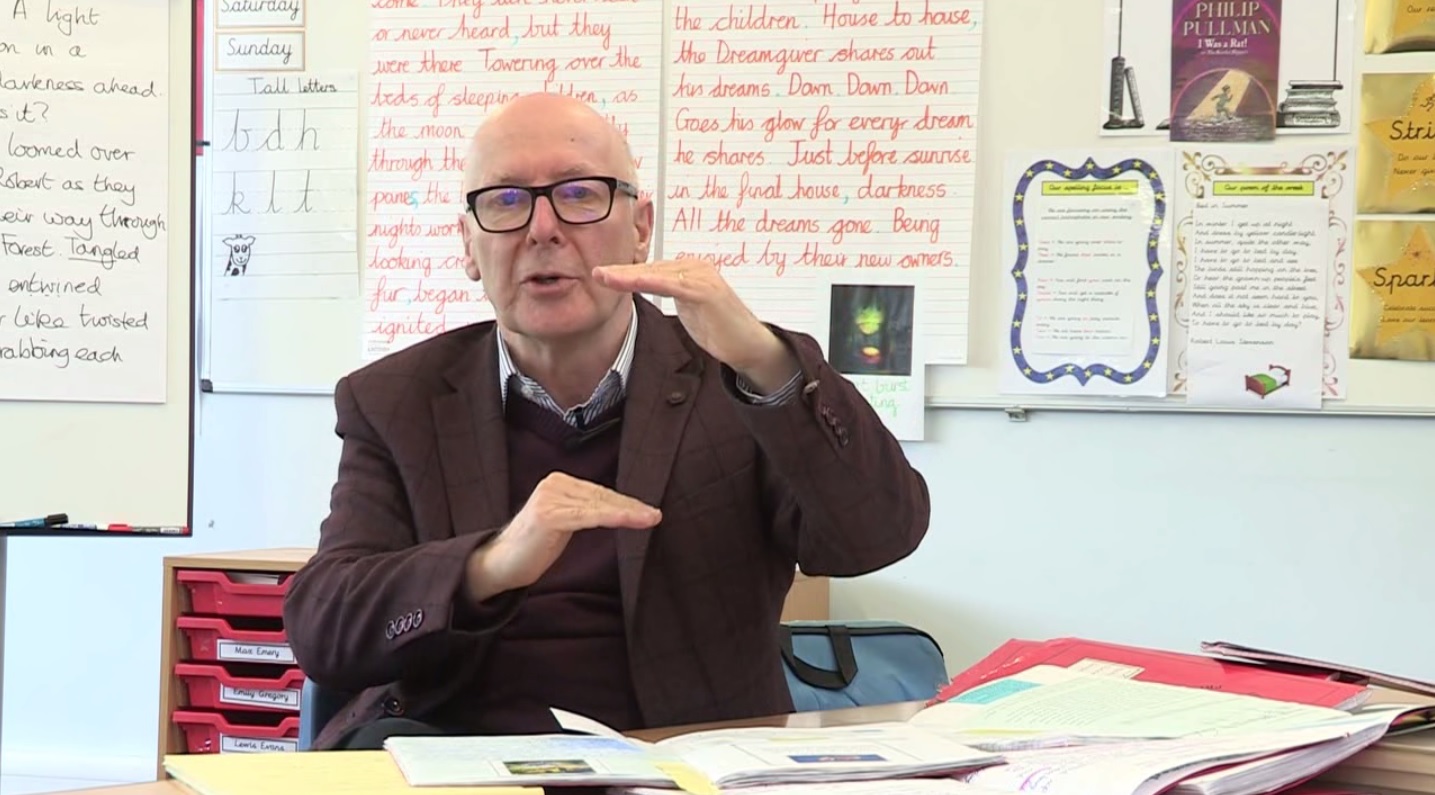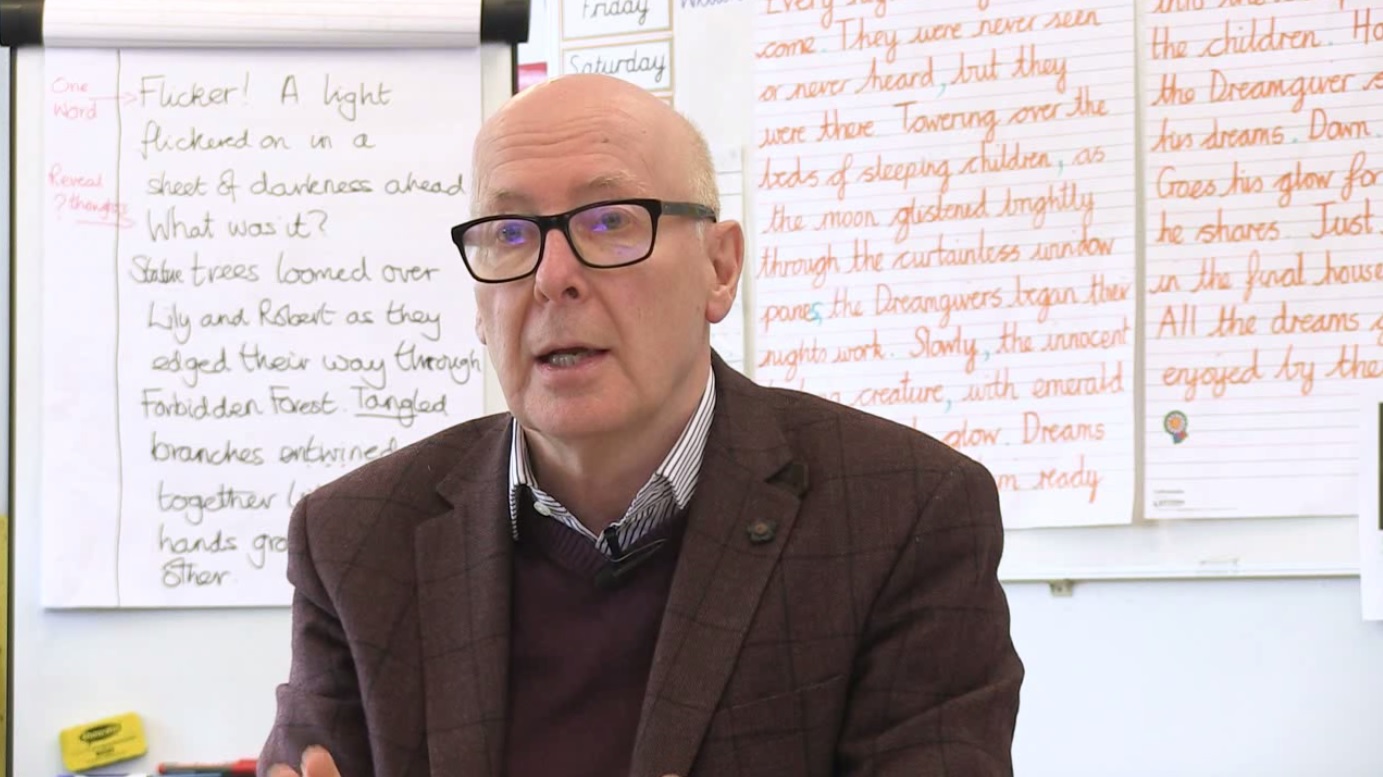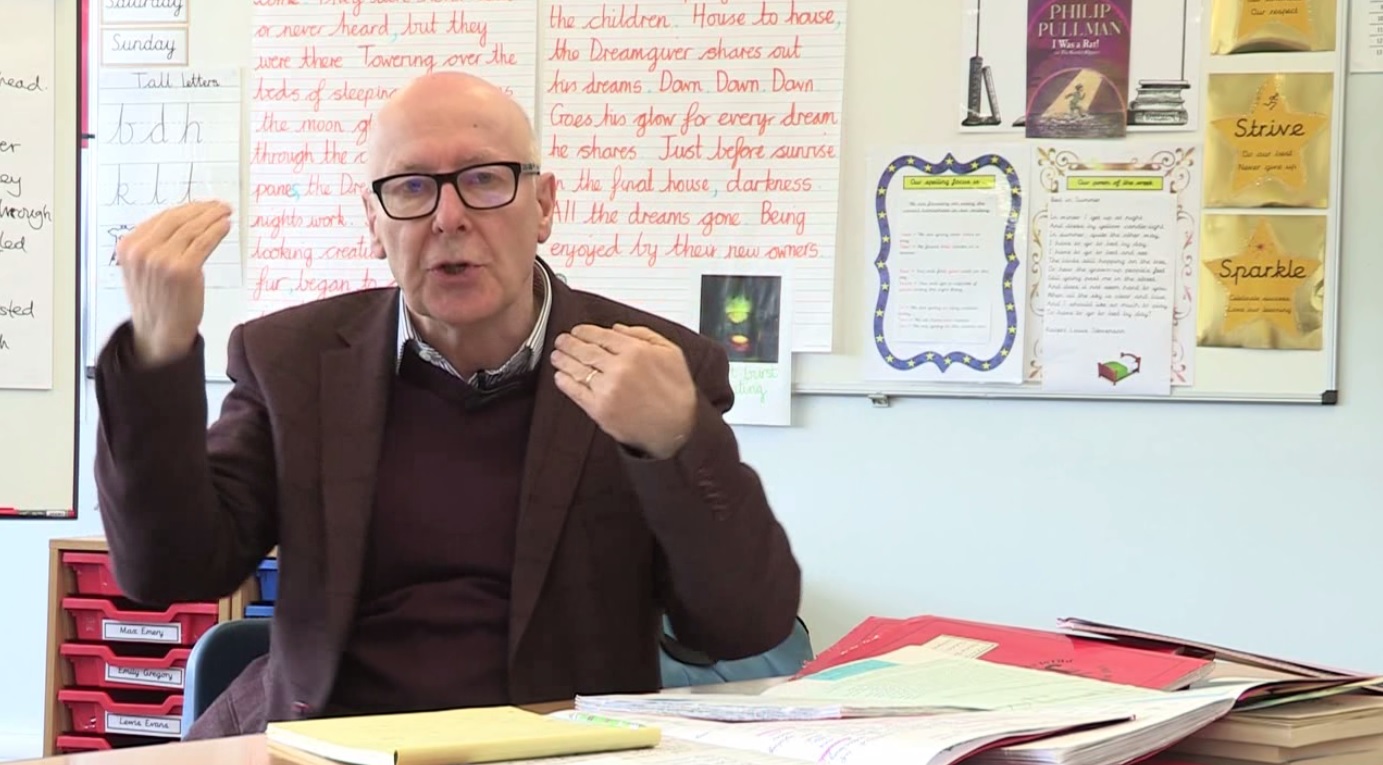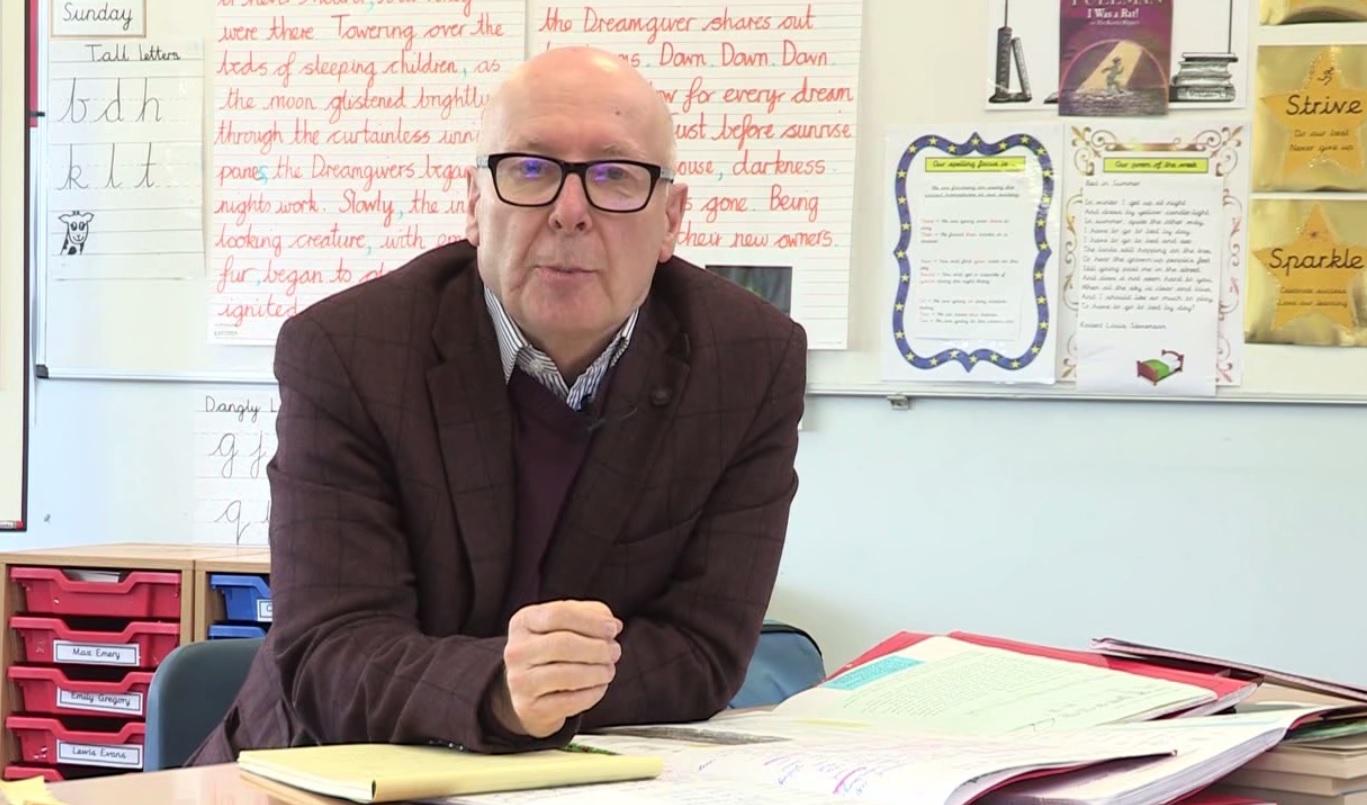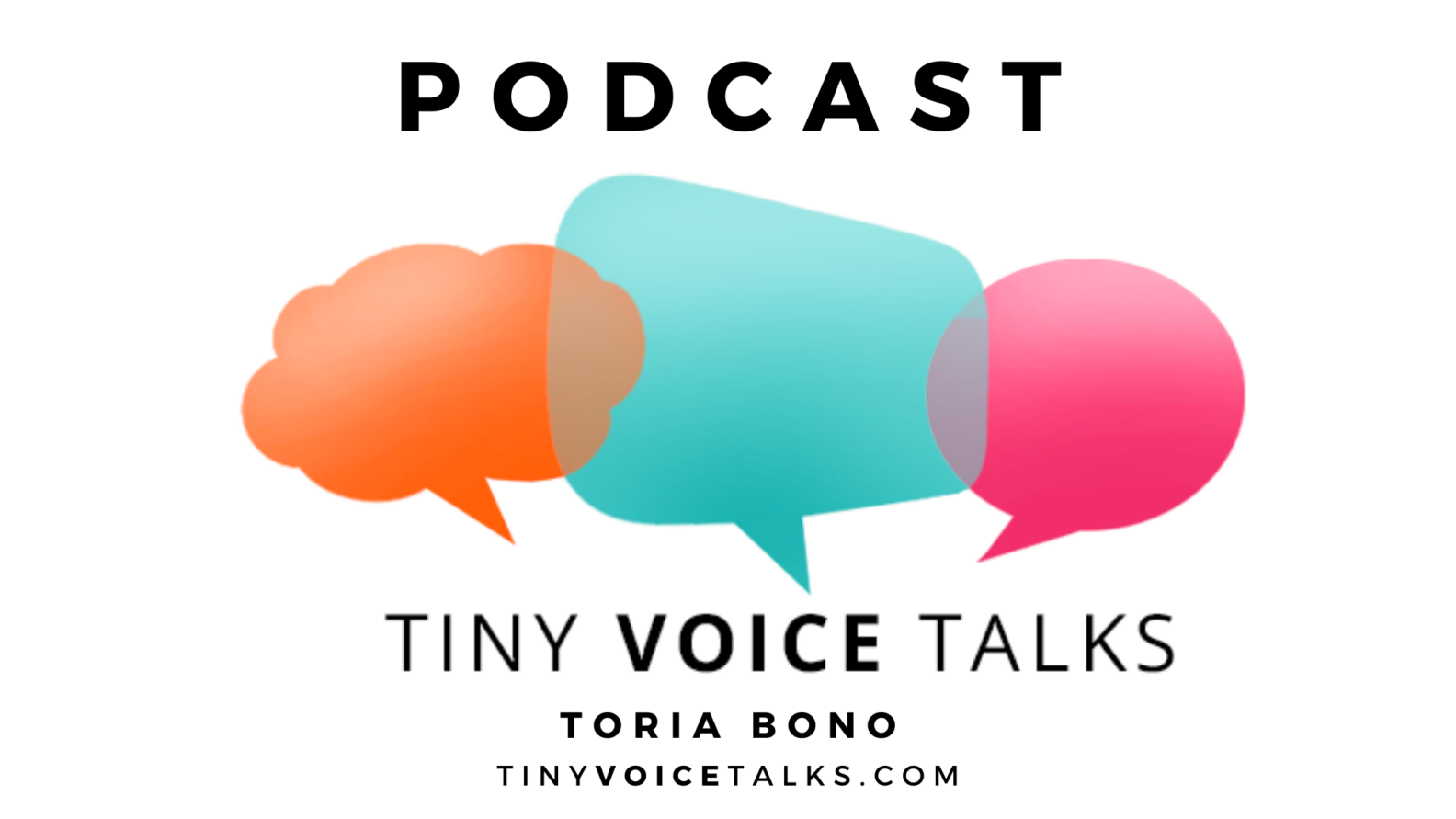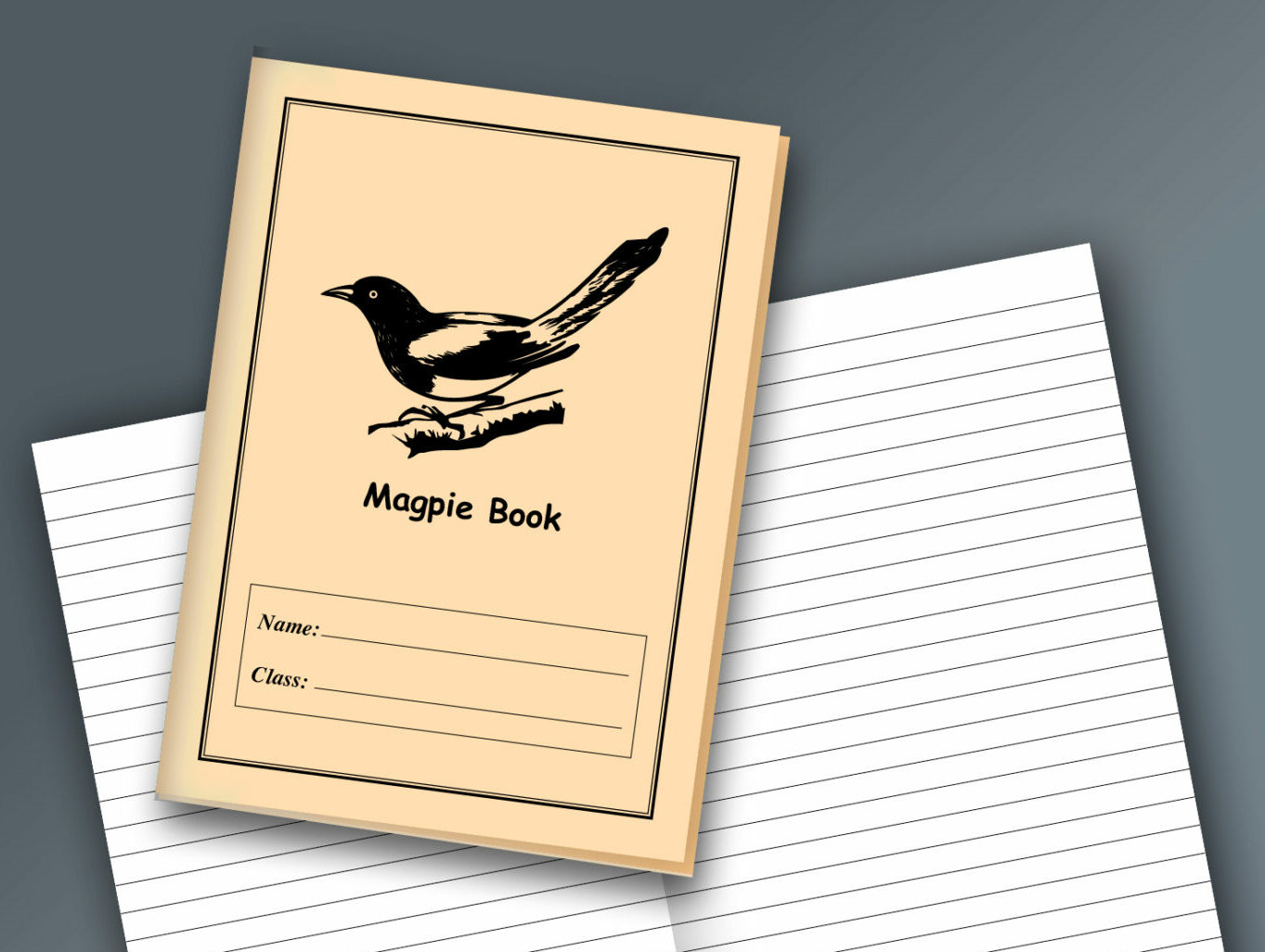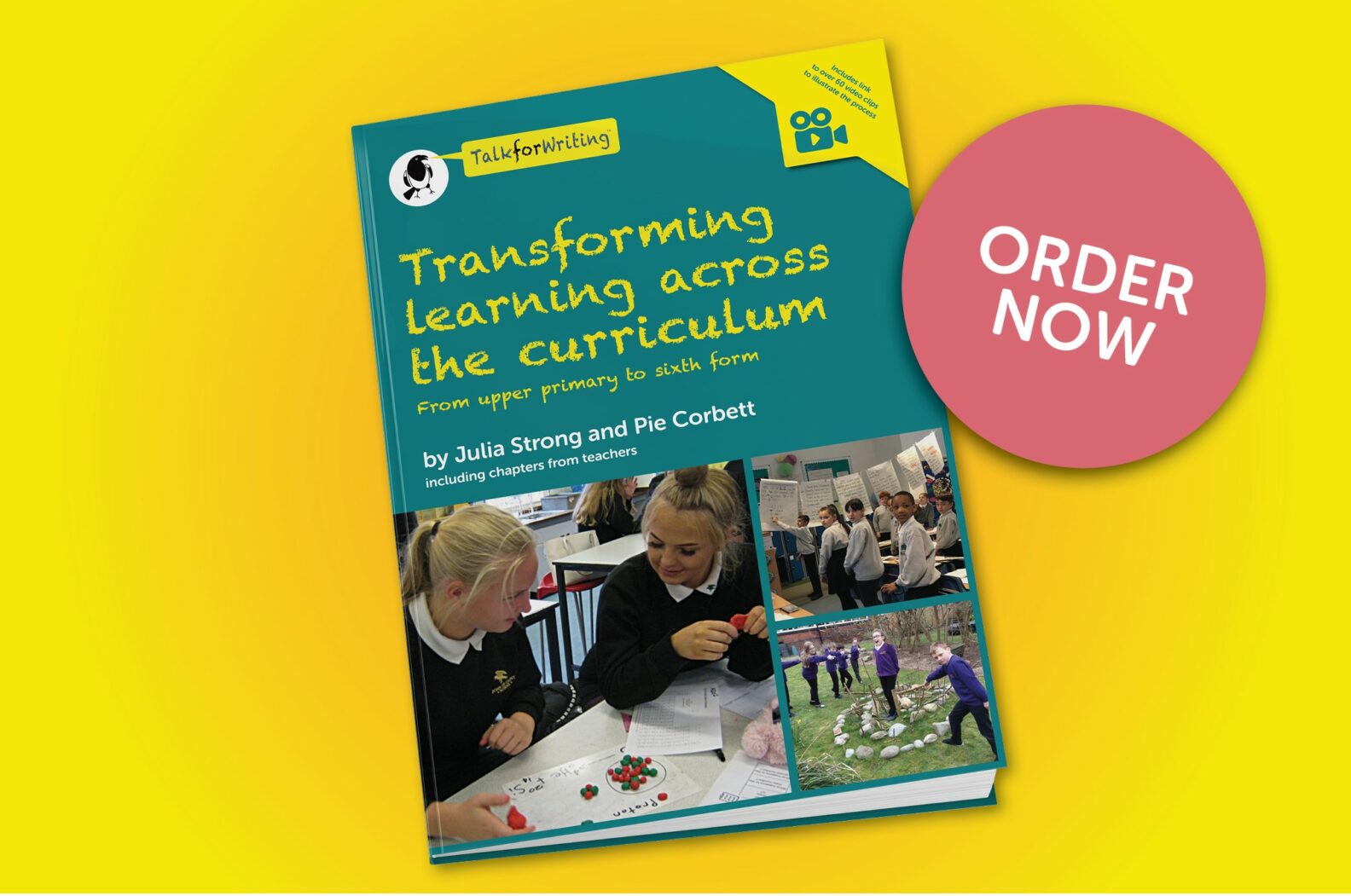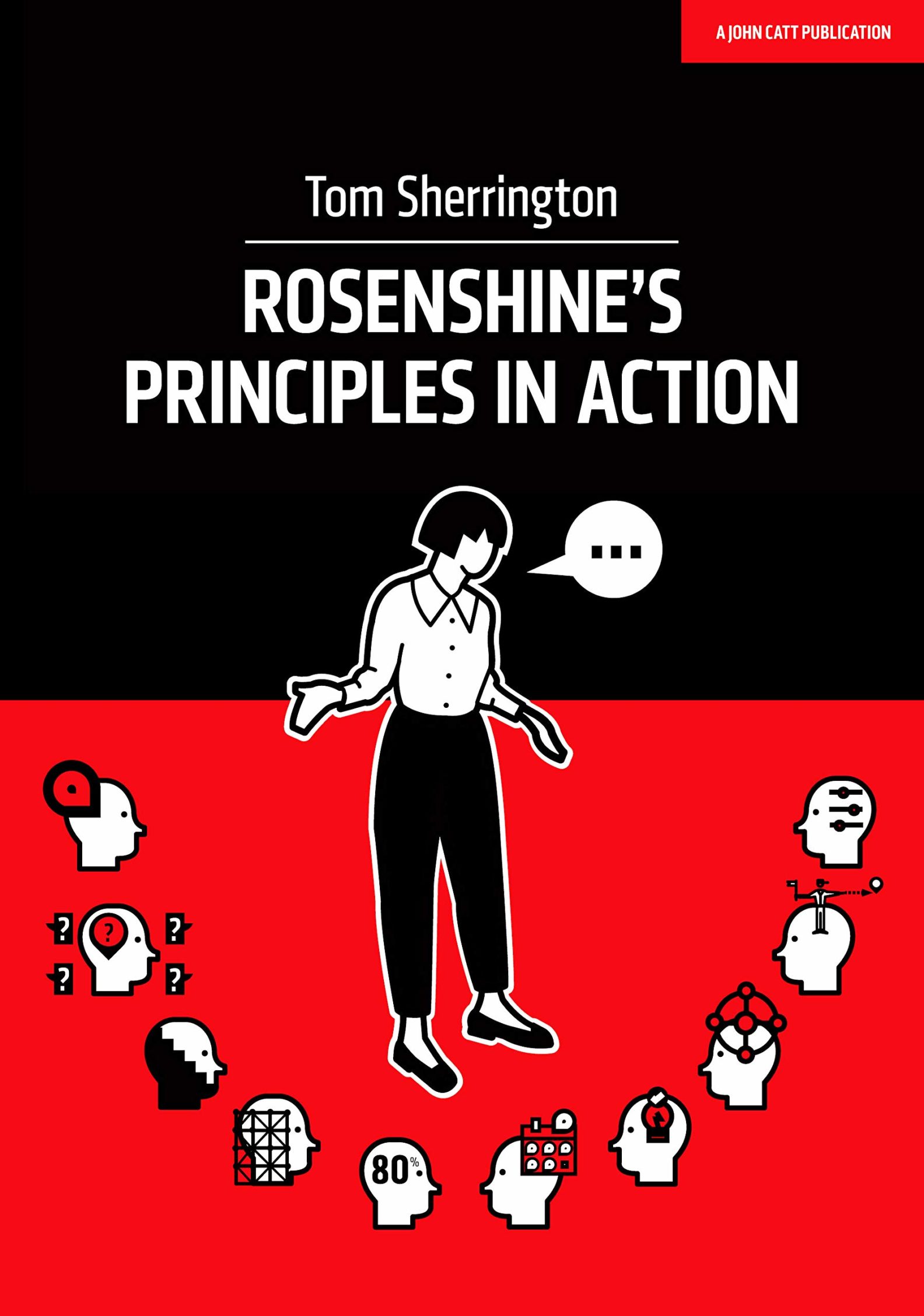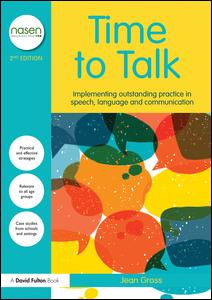In this video series, Pie Corbett answers your frequently asked questions. In this video, he discusses what is involved in the Imitation phase and how it works within the Talk for Writing process.
Pie answers your FAQs: What are the Talk for Writing phases?
In this video series, Pie Corbett answers your frequently asked questions. Here, he gives an overview of the phases of the Talk for Writing approach, and how they work together to promote cumulative learning and progression in Literacy.
Pie answers your FAQs: What do Talk for Writing schools do?
In this video series, Pie Corbett answers your frequently asked questions. Here, Pie talks through the Talk for Writing primary school programme, detailing how the elements link up to aid cumulative learning and Literacy progression from the Early Years to Key Stage 2.
Pie answers your FAQs: What is Talk for Writing?
In this video series, Pie Corbett answers your frequently asked questions. This first video gives a brief overview of the Talk for Writing approach to teaching Literacy, and why it works.
Tiny Voice Talks – Talk for Reading with Pie Corbett
Last term, Pie featured on the Tiny Voice Talks podcast to discuss Talk for Reading with Toria Bono. Listen here!
Using a Writer’s Journal or Magpie book
Jamie Grossmith at Belmont Primary in Grantham explains how his class use writing journals to store and develop ideas.
Transforming Learning Across the Curriculum by Julia Strong and Pie Corbett
This guide to making language across the curriculum a practical reality, takes you step-by-step through the Talk for Writing process, showing how to adapt it to suit the linguistic demands of all subject areas. It illustrates how to get students from nine to nineteen to internalise the varying linguistic demands of all subject areas by talking their way to understanding.
Rosenshine’s Principles in Action – by Tom Sherrington
Pie says: “This little book is about the research-based principles of effective teaching. It is brief, easy to read and clearly sets out the core practices. When I read it, I realised that all of them underpin Talk for Writing and Reading and can be applied and developed in any school. A little gem.”
Time to Talk: Implementing Outstanding Practice in Speech, Language and Communication – by Jean Gross
Time to Talk provides a powerful and accessible resource for practitioners working to improve children’s language and communication skills. Showcasing effective approaches in schools and settings across the country from the early years through primary and secondary education, it summarises research on what helps children and young people develop good communication skills, and highlights the importance of key factors: a place to …




